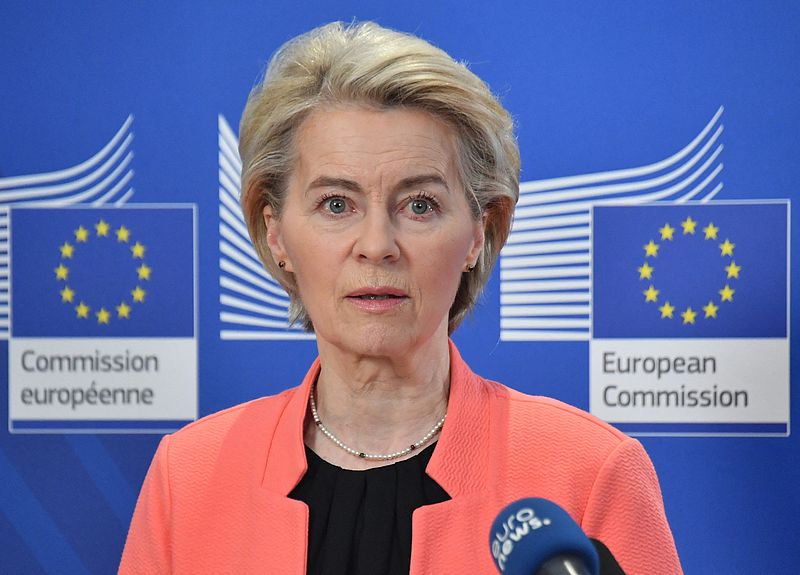The Supreme Court of the European Union in Luxembourg has issued a ruling that seriously calls into question the transparency of European Commission President Ursula von der Leyen.
The affair, dubbed "Pfizergate", concerns text messages she exchanged with Pfizer CEO Albert Bourla during key negotiations for a massive contract to supply covid-19 vaccines in 2021. The messages, which could have contained details of the tens of billions of euros contract, have disappeared and the Commission has refused to make them public despite requests from journalists, MEPs and the public.
The court found that the European Commission had wrongly assessed the request for access to these documents and violated EU rules on transparency and information management.
"The Commission's refusal to grant public access to the text reports clearly constitutes a very serious error of judgement," the court said.
The judgment stresses that the Commission has not shown that the reports were actually irrelevant, as von der Leyen claimed. She defended herself by arguing that they were "temporary" reports which were not archived because they were not considered official documents. However, this position has been criticised not only by judges, but also by the European Ombudsman Emily O'Reilly and some MEPs who see the affair as a deliberate cover-up.
The case has caused considerable distrust in EU institutions, especially at a time when the EU is trying to strengthen its legitimacy. The affair may have political implications for von der Leyen, who faces mounting pressure ahead of the 2026 European Parliament elections. Critics point out that the lack of transparency on an issue as important as the vaccination campaign undermines citizens' trust in the EU. At the same time, the ruling opens up the debate on the need for stricter rules for archiving EU officials' communications to prevent similar situations from happening again in the future.
Politico/gnews.cz - cik



